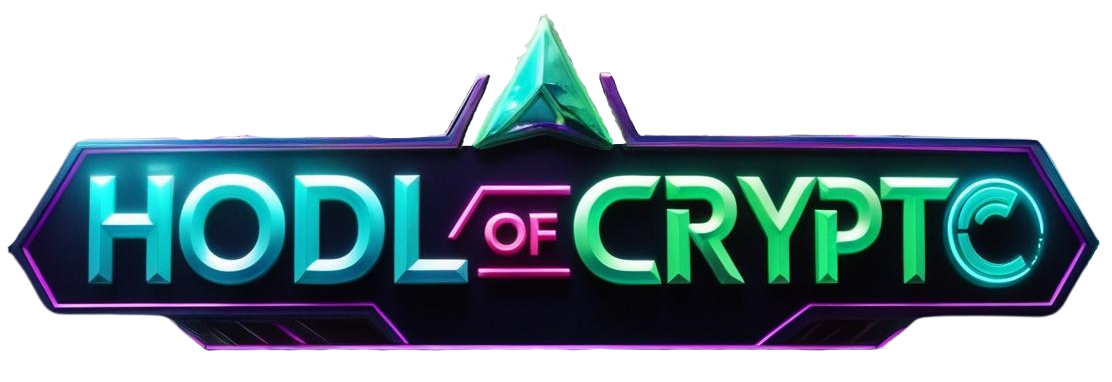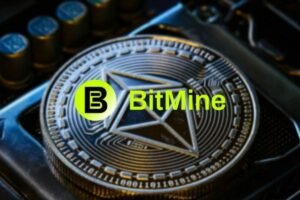Bitcoin 2025: 7 Burning Questions Vietnamese Investors Are Still Asking
It’s 2025, and if you thought Bitcoin would fade away in Vietnam’s fast-moving crypto scene—think again. Bitcoin in Vietnam is still leading the pack. Quietly, consistently, and now with more institutional and global attention than ever.
Despite a few wild years of regulation shifts, price swings, and market shakeouts, people in Vietnam still keep circling back to one thing: BTC.
Let’s break down the Bitcoin price forecast in Vietnam and tackle 7 real questions that Vietnamese investors, traders, and even regulators are still debating. Spoiler: Bitcoin’s not going anywhere.
1. Is Bitcoin still the top dog in 2025?
Absolutely. While many Vietnamese crypto users explore Ethereum, Solana, and new altcoins, Bitcoin still leads—both globally and in Vietnam.
Vietnamese investors trust Bitcoin for one key reason: security and long-term value. Unlike coins tied to trendy projects, Bitcoin has no founder, no flashy marketing, and no drama.
Even Vietnamese financial institutions are starting to explore Bitcoin ETFs via partnerships with international brokers. Globally, big names like BlackRock are offering BTC exposure, and that trust is spreading to Vietnam’s growing crypto community.
Bitcoin in Vietnam isn’t just a trend—it’s a long game.
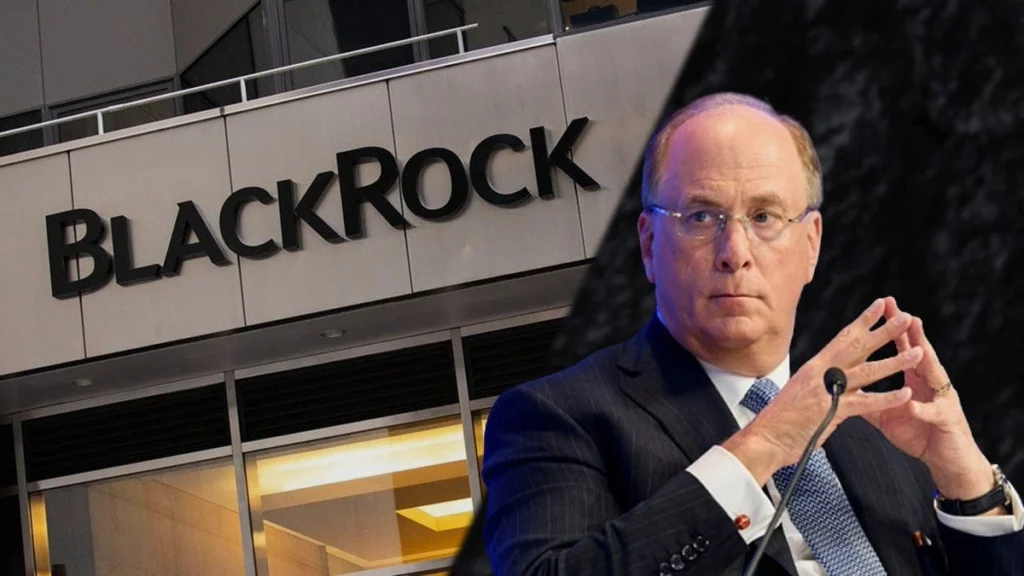

2. What’s the real BTC price forecast for 2025?
This is the hot topic on Remitano, VNDC, and Vietnamese Telegram groups every day.
- Some analysts predict Bitcoin could reach 3.1–3.5 billion VND (~$130K–$150K USD) by late 2025, especially as the 2024 halving continues to impact supply.
- Others believe Bitcoin may stay range-bound around 2–2.6 billion VND (~$85K–$110K USD).
Price predictions fly, but let’s be real: Vietnamese investors know crypto rarely follows the script. It’s still a volatile game.
Platforms like CoinMarketCap and Vietnamese communities on Binance P2P are tracking it closely—but in the end, smart Vietnamese traders are preparing for both possibilities: growth and dips.

3. Why Haven’t Other Coins Replaced Bitcoin in Vietnam?
In Vietnam, trust is everything. Bitcoin remains the digital gold standard here.
Other coins—like Ethereum, Solana, and even emerging Vietnamese projects—are exciting for DeFi, NFTs, and gaming. But Bitcoin isn’t competing with them. It’s quietly doing one thing well: being a secure, decentralized store of value.
Even as other coins offer higher transaction speeds or smart contract flexibility, Bitcoin’s network keeps growing in security and adoption. Miners in Vietnam and worldwide continue to support it.
Bitcoin’s power in Vietnam isn’t about trends—it’s about resilience.
4. Is BTC Actually Used in Daily Life in Vietnam?
More than you might think.
In 2025, Vietnamese freelancers, cross-border businesses, and crypto-savvy consumers actively use Bitcoin for payments and savings.
- Freelancers in Vietnam increasingly accept Bitcoin from clients in the U.S., Europe, and Singapore to avoid bank delays and high international fees.
- Lightning Network apps like Muun Wallet and Phoenix Wallet now work well for fast, low-fee Bitcoin transactions in Vietnam.
- Some cafés in Ho Chi Minh City and e-commerce shops are starting to accept BTC payments, especially from tech-savvy customers.
In places like Argentina and Turkey, Bitcoin is used as a survival currency against inflation. In Vietnam, it’s becoming a practical alternative to traditional financial tools.
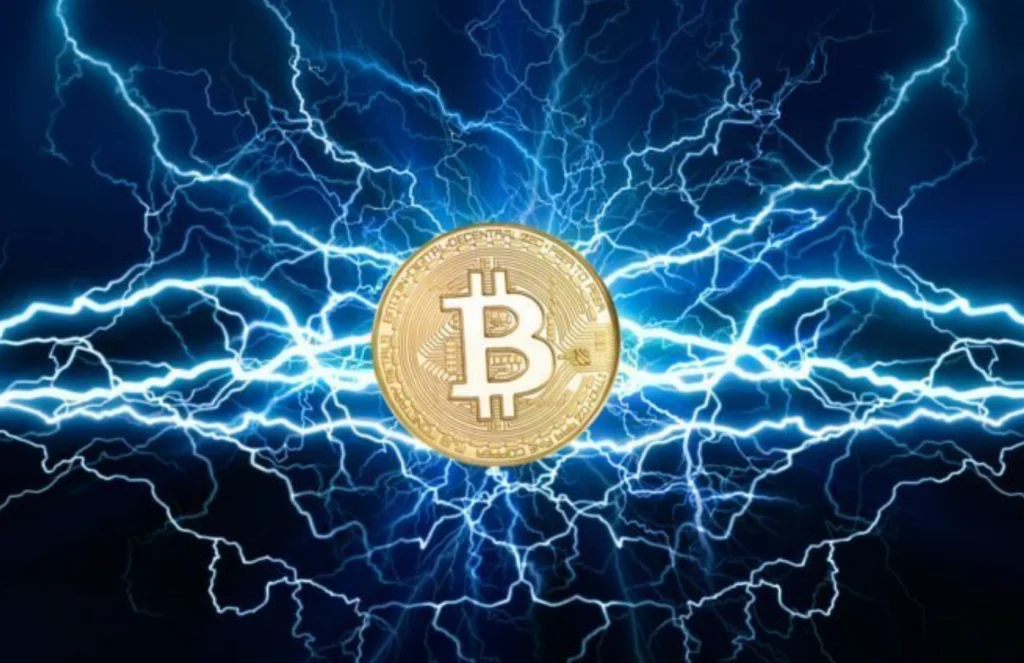
5. What About Bitcoin’s Energy Problem? Is It Still Bad?
This question used to dominate the conversation, but things have changed—even in Vietnam.
As of 2025, more than 60% of Bitcoin mining worldwide is powered by renewable or stranded energy sources. In Vietnam, where hydro and solar power are growing, small Bitcoin mining operations are exploring cleaner energy.
Miners globally are tapping into:
- Hydro power in Canada
- Solar farms in Texas
- Geothermal energy in Iceland
Even Tesla has partnered with green miners.
In Vietnam, the narrative is shifting. The energy concern isn’t gone, but it’s no longer the main argument against Bitcoin.
6. Could the Vietnamese Government Ban Bitcoin in 2025?
Technically possible, but practically very unlikely.
- Vietnam’s government still restricts crypto as a payment method but tolerates it as an investment asset.
- Authorities have issued warnings about crypto risks, but a full ban? Highly unlikely in today’s interconnected financial system.
- Countries like China and India have tried strict crackdowns, but Bitcoin continues to operate through peer-to-peer (P2P) networks and underground channels.
Meanwhile, Vietnam’s regulatory approach is slowly moving toward clearer frameworks—potentially allowing more structured crypto investments.
A complete ban? Hard to enforce. Careful regulation? Much more likely.
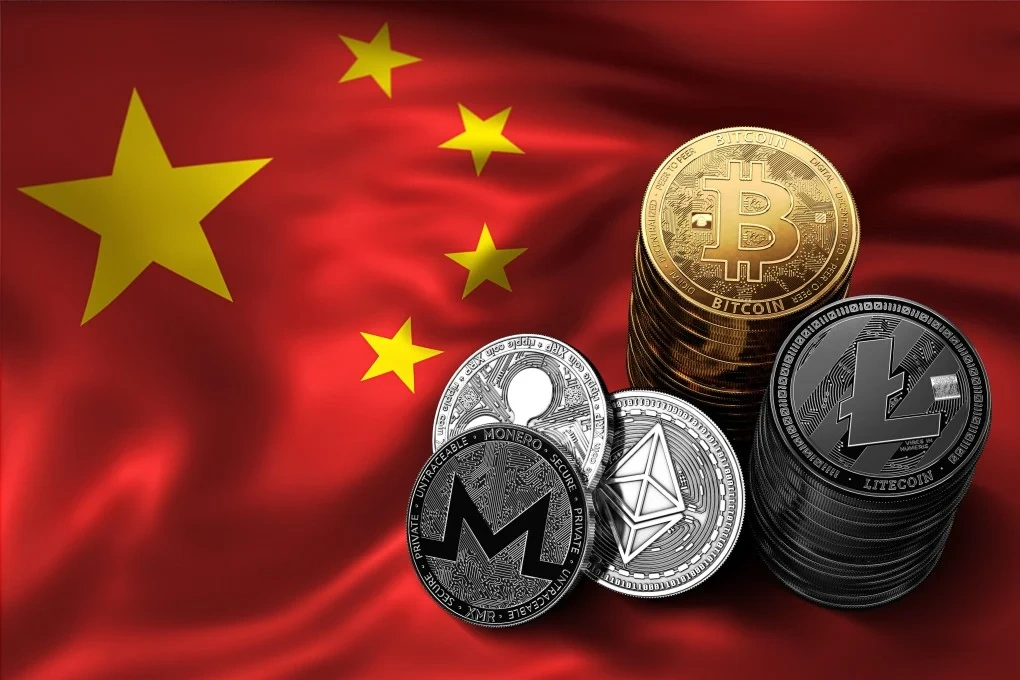
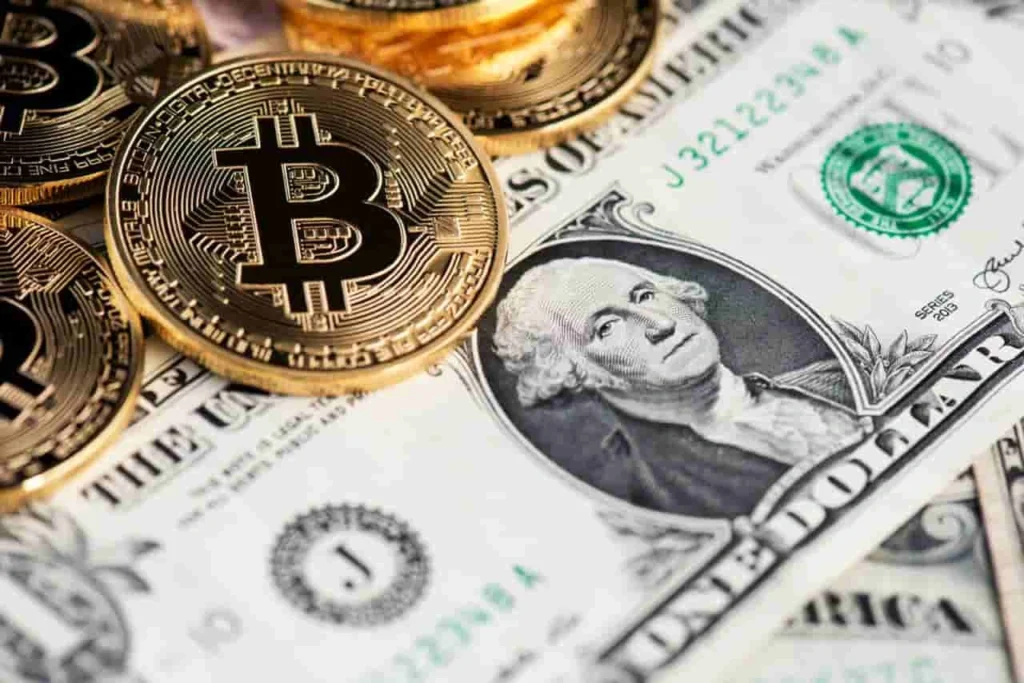
7. So what’s next? Will Bitcoin still rule by 2030?
No one can say for sure—but Bitcoin still has the strongest position to lead.
In Vietnam, people see Bitcoin not just as a speculative asset, but as:
- A tool for financial freedom
- An alternative to volatile fiat systems
- A protection against inflation and currency devaluation
With global concerns about Central Bank Digital Currencies (CBDCs) and increasing financial surveillance, Bitcoin represents something different—decentralized, neutral, borderless freedom.
That’s why, even in Bitcoin 2025, Vietnamese investors are still holding—not just for profits, but for what it stands for.
